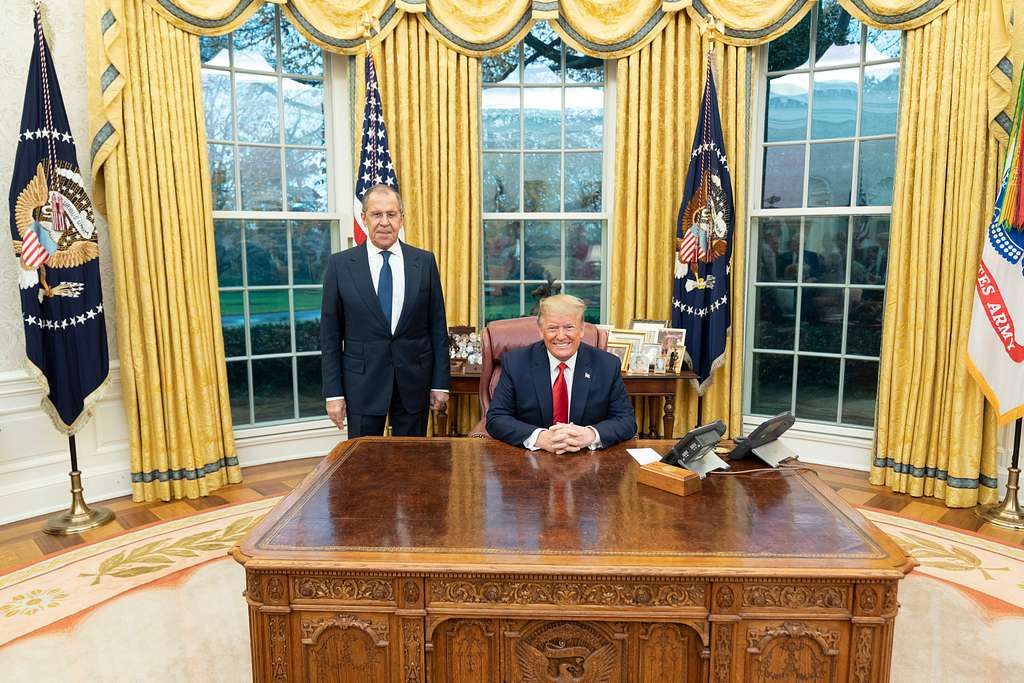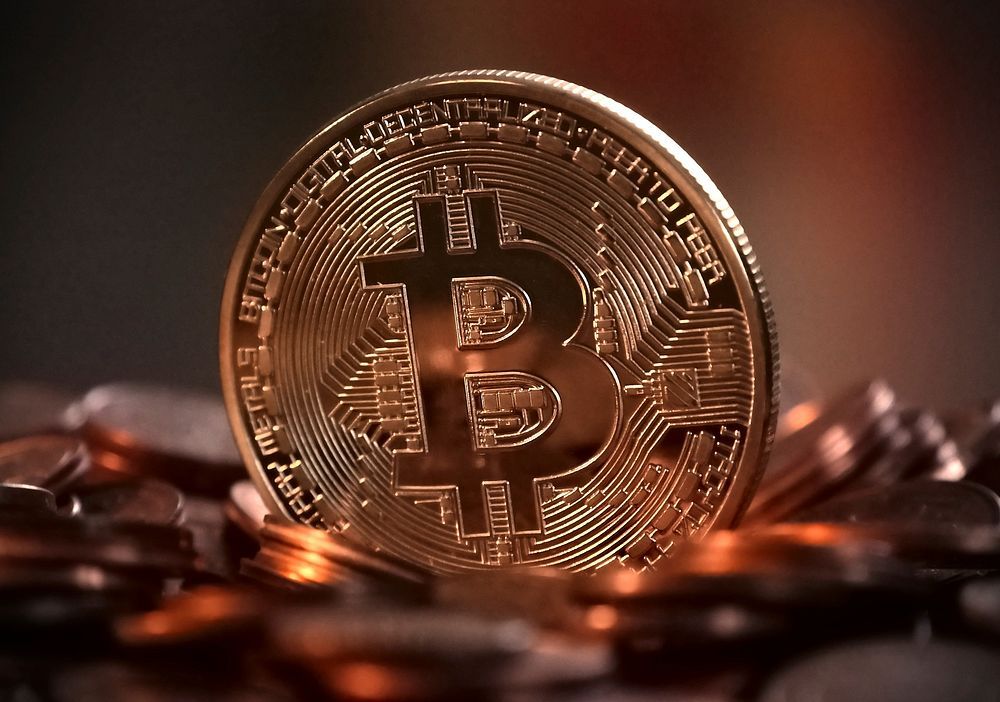Court Orders Hearing on America PAC’s $1 Million Giveaway Linked to Voter Data Concerns

In an unfolding legal case with potential implications for the upcoming U.S. election, a judge has ordered all parties, including billionaire Elon Musk, to appear in court in Philadelphia. The hearing, initially scheduled for Friday, has been moved up to Thursday morning in response to a lawsuit challenging a controversial $1 million voter giveaway organized by Musk’s political action committee, America PAC. The PAC, which supports Republican former President Donald Trump, is alleged to be offering financial incentives in battleground states, including Pennsylvania, in advance of the November 5 election.
Lawsuit Claims Giveaway Is an “Illegal Lottery”
The Philadelphia District Attorney’s Office filed the lawsuit on Monday, arguing that the giveaway constitutes an “illegal lottery” aimed at obtaining personal data from Pennsylvania residents. The lawsuit raises concerns that the initiative, which offers a $1 million prize to U.S. voters, might be a strategy to collect sensitive information under the guise of a financial incentive. The District Attorney’s Office contends that such a scheme violates state laws against lotteries and gambling, as it could unduly influence voter behavior by promising monetary rewards.
The order, issued by the Philadelphia County Court of Common Pleas on Wednesday, mandates that Musk, America PAC representatives, and other involved parties attend the hearing. The judge’s directive reflects the urgency of resolving issues related to potential voter influence tactics ahead of the imminent election.
Election Tensions Rise as Hearing Approaches
The timing of this lawsuit adds tension to an already heated race between Democratic Vice President Kamala Harris and Trump. With recent polling indicating a close competition for the White House, the allegations against America PAC have sparked widespread attention. Critics argue that if proven, the giveaway might unfairly impact voter behavior, particularly in crucial battleground states that could determine the election outcome.
America PAC, spearheaded by Musk, has publicly stated its intent to support Trump’s campaign, particularly in swing states. Pennsylvania, one of the key battlegrounds, has a history of playing a pivotal role in presidential races, making any issues related to voter incentives especially critical in the state.
Legal and Ethical Implications of Political PAC Giveaways
The case raises significant legal and ethical questions surrounding the role of political action committees in elections. While PACs are legally permitted to raise and spend money to support candidates, providing direct financial incentives to voters is rare and, according to the Philadelphia District Attorney, potentially illegal. By linking financial gain to voter participation, the lawsuit contends that America PAC’s actions could skew voter turnout in ways that threaten the fairness of the election.
In response to the lawsuit, legal experts have weighed in on the broader implications of the case. Some suggest that if America PAC is found to be violating lottery or gambling laws, it could set a precedent affecting how PACs can operate in future elections. Others argue that the lawsuit underscores the necessity of safeguarding voter data and privacy, especially in an era where personal information is increasingly valuable.
Looking Ahead
As the hearing approaches, the outcome could shape discussions on the legality of voter incentives and data usage in political campaigns. Should the judge side with the District Attorney’s Office, it may curtail the America PAC’s ability to conduct similar voter incentives, and possibly prompt a reevaluation of the regulatory boundaries for PACs in election-related activities.
For now, all eyes are on Philadelphia’s courtroom, where Thursday’s hearing will set the stage for this high-stakes legal battle. The case has not only highlighted concerns about election integrity but also raised public awareness about the ways in which data privacy and election laws intersect. With less than a week until the election, the court’s decision will likely have lasting ramifications for political funding practices and voter privacy protections in the United States.







